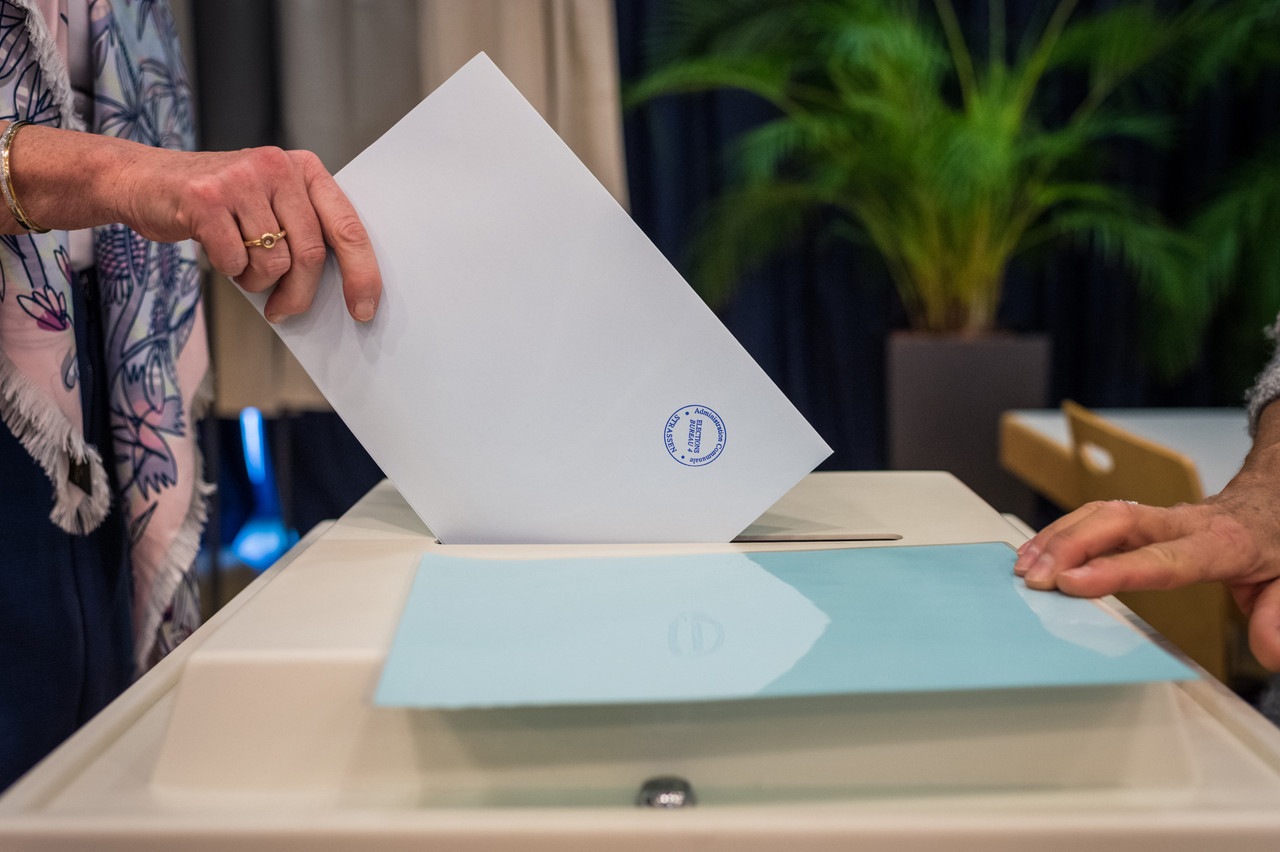The deadline for foreigners to register to vote is 55 days before the 11 June election, on 17 April at 5pm. Non-nationals can either or at their local town hall. However, they will have to sign up without having seen campaign material by the parties and people running for office in their commune.
“Parties have found an agreement to launch their official political election campaigns on Monday, 15 May 2023, thereby limiting the campaign period to four weeks,” a signed on 23 January says.
As part of this agreement, parties also pledge not to hurl personal insults during the campaign, not to spread misinformation or fake news or otherwise slander their opponents. The document also limits advertising spending, sets out rules on producing gadgets, and sitting candidates pledge not to abuse official channels to campaign.
The deal does not include campaigning to sign up non-nationals to voter registration lists.
The Pirate Party last week filed against déi Lénk who had started a door-to-door campaign in Luxembourg City to sign more non-nationals up to vote. Under Luxembourg law it is illegal to visit someone’s home as part of an elections campaign in order to influence the outcome of the ballot.
“The aim of the déi Lénk party’s approach was to involve non-Luxembourg residents more in the municipal elections process, given the current low registration rate of these same people, particularly in the City of Luxembourg,” the public prosecutor said, dismissing the Pirate Party’s complaint.
Luxembourg City has the lowest voter registration rate of all communes. At the end of March, 11.9% of eligible foreign voters had signed up, below a 16.1% national average.
Practice ballot
While political parties have announced broad frameworks that should set the tone for municipal elections, the election programmes in individual communes are yet to be released.
Parties by 12 April must submit their full lists of candidates and on 13 April there will be an official draw to determine the order in which parties will appear on ballot papers. This is the same order in which campaign posters will be displayed on billboards.
Election posters will go up from 13 May and once campaigning officially gets underway, parties can also post information through people’s letterboxes.
Ahead of election day, registered voters will receive a practice ballot with the names of all candidates and instructions on how to fill it in properly. This should help cut time in the voting booth on the day.
There are two separate election systems depending on the size of the commune.
For municipalities with fewer than 3,000 residents, voters select candidates who run individually, the so-called majority voting system. In larger communes, candidates run as part of a party list or group, the proportional voting system. Voters can either select a full list, giving one vote per candidate, or distribute their votes to individual candidates, also across different parties.
Each voter gets a number of votes equivalent to the number of seats on their commune’s council. For example, a commune with 9,000 residents counts 13 members on its communal council, meaning voters have 13 votes they can hand out.
This year, 56 communes are voting under the proportional system and 46 under the majority system.
Registration is first step
At the end of March, with just under two weeks to go for non-nationals to sign up to vote, more than 215,000 eligible foreigners had yet to register to cast their vote in their commune.
Luxembourg last year scrapped a five-year residency requirement, meaning non-nationals can register to vote as soon as they move to the country.
Once signed up, voting is mandatory. Registration for a is already open for anyone planning to be outside of the country on the day.
Skipping election day can incur a fine. Anyone who can show they were called away for urgent personal or professional reasons, such as a last-minute business trip, is exempt from the fine. And family and integration minister Corinne Cahen (DP) to drum up voter registrations said this fine hasn’t been levied in many years.
Voter registration automatically carries over to the next local election in six years’ time. But it is possible to de-register from the list until 55 days before the election, the same deadline as registration.
Signing up to vote, Cahen said at the same event, is the first step in the election process and should be the incentive to learn more and get involved. “You are a part of this community. And you should decide what your community looks like,” she said. “Democracy can only happen if you vote.”
This story was updated on 11 April 2023 at 9.45am to specify that election programmes can be released ahead of the start of campaigning on 15 May.
